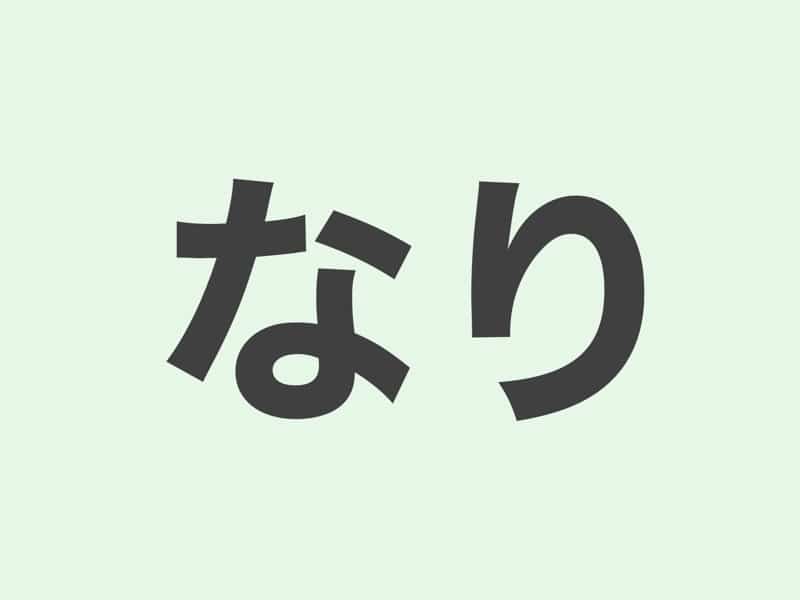説明 (Explanation)
文法(Grammar):辞書形・名詞+なり
意味 (Meaning):「自分のやり方で」や「その人らしく」というニュアンスを持ち、個々の状況や視点を強調します。
英語(English):なり in Japanese is used to express a way of doing something or a manner of being, often indicating that something is done “in one’s own way” or “as one is.” It can convey the idea of adapting to a particular situation, perspective, or identity.
JLPT Textbook Recommendations
例文 (Examples)
- 自分なりに頑張ったけれど、結果はあまり良くなかった。
- 私なりに考えて、最善の方法を選びました。
- 子供なりに一生懸命考えて答えを出した。
- 学生なりに工夫して節約している。
- JLPT受けるなら受けるなりに、しっかり勉強しなければならない。
ひらなが (Hiragana)
- じぶんなりにがんばったけれど、けっかはあまりよくなかった。
- わたしなりにかんがえて、さいぜんのほうほうをえらびました。
- こどもなりにいっしょうけんめいかんがえてこたえをだした。
- がくせいなりにくふうしてせつやくしている。
- JLPTうけるならうけるなりに、しっかりべんきょうしなければならない。
英語翻訳 (English Translation)
- I did my best in my own way, but the result wasn’t very good.
- I thought about it in my own way and chose the best approach.
- The child thought hard in their own way and came up with an answer.
- I’m making efforts to save money in a way that works for a student.
- If I’m going to take the JLPT, then I have to study properly in a way that suits that goal.





コメント